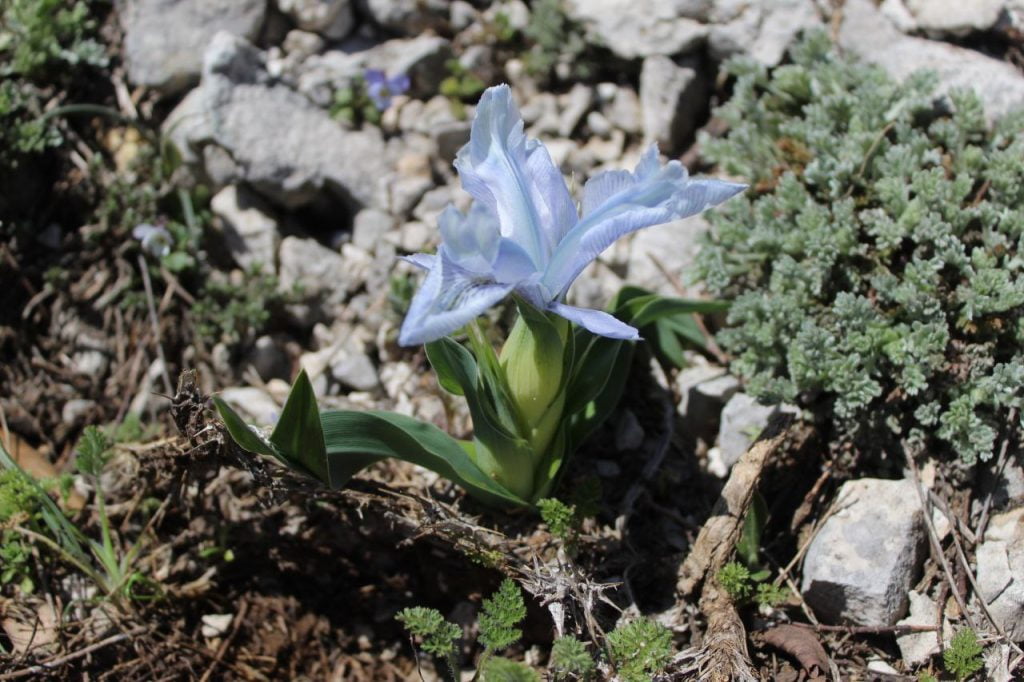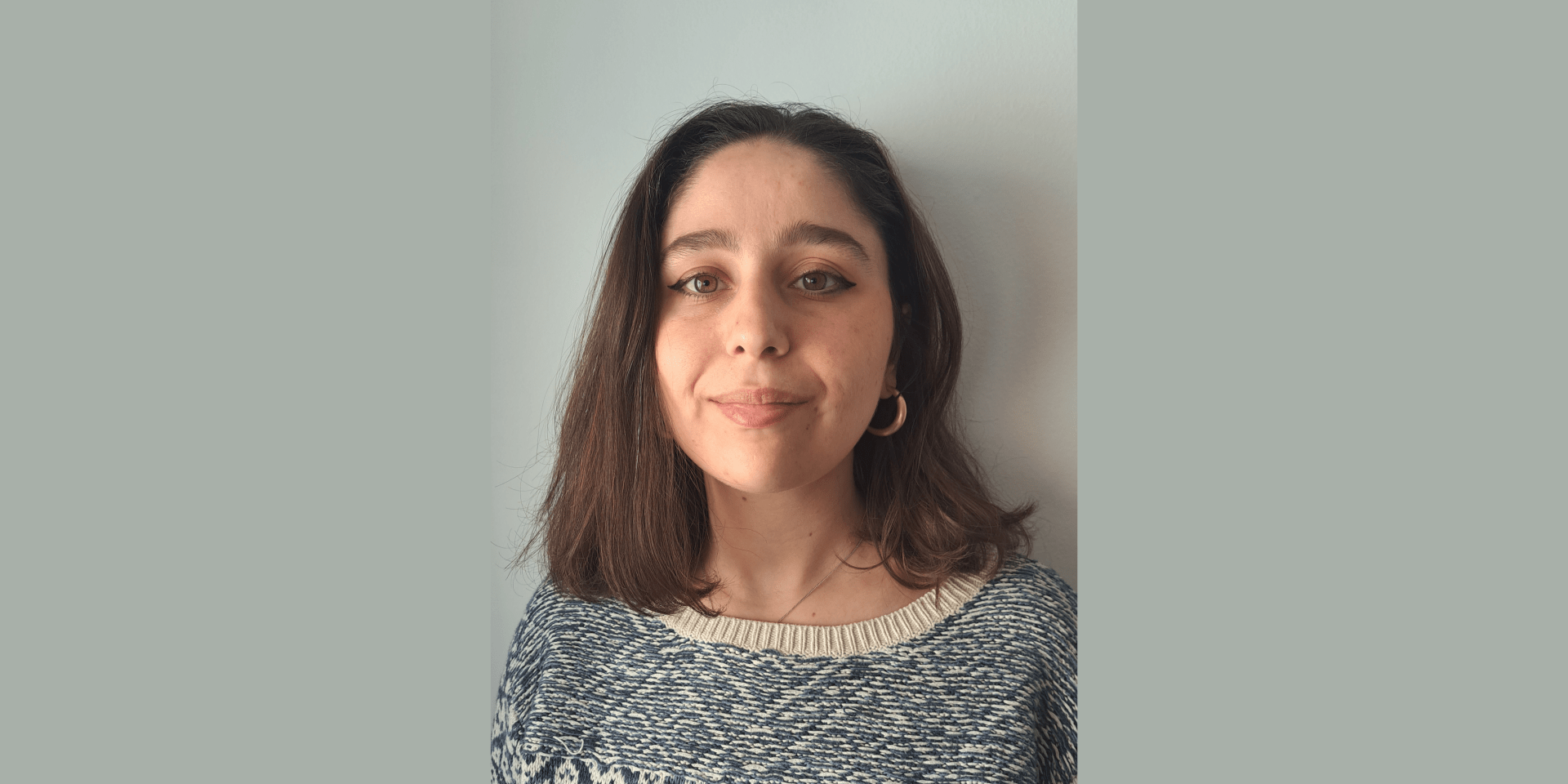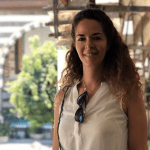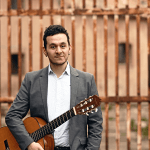A Conservationist Discovers Nature’s Remaining Beauty among the Ruins and Forgotten Forests
Angham Daiyoub, a PhD candidate at the Autonomous University of Barcelona, currently working with the Institute of Environmental Science and Technology on the environmental justice atlas. Focusing on the major environmental issues in Syria, we speak to her about how her interest in environmentalism began and evolved. She is keen to help protect the natural world by conducting research, educating people and raising awareness, as well as spreading this knowledge to stakeholders and policymakers, so necessary actions can be taken.

Tell us more about yourself.
I am from a city called Baniyas. It is a Mediterranean coastal city in Tartous Governorate, northwestern Syria. For my bachelor’s, I studied agriculture engineering at Tishreen University and specialised in forestry and ecology. I then got accepted into a double master’s degree programme in Mediterranean forestry and natural resource management from the universities of Lleida in Spain and Karadeniz in Turkey, funded by the Erasmus Munds Scholarship.
It was a wonderful experience to see how similar yet different these countries are from my hometown in Syria. Studying in Spain and Turkey, I saw how Mediterranean countries have similar landscapes and cultures to Syria.
For my master’s, I studied the effects of the recent crisis in Syria on Syria’s forests with the Centre for Research on Ecology and Forestry Applications (CREAF) in Spain. I examined how the Syrian conflict has affected the forests throughout the years. I finished my master’s in 2020 and returned to Barcelona to pursue my PhD.
Angham Daiyoub
How do you see the correlation between climate change and cultural heritage? In other words, how do you see climate change is affecting the community identity?
What a question! Unfortunately, it is difficult to study this directly in Syria due to the current situation. Because of what Syrians are going through, climate change is not a priority to tackle, even though we are impacted by high temperatures, droughts, desertification and wildfires.
The numerous impacts of climate change are forcing people to be displaced. The creation of climate refugees will soon start leading to the loss of cultural identity in places abandoned (for example the in the agricultural societies in Northeastern Syria that have been practising agriculture for thousands of years), as well as a cultural loss in newer generations who had to leave their historical environments for another place to survive.

You were chosen by the Mohammed bin Zayed Fund to lead a project to protect a critically endangered plant species in Syria’s mountains. Can you tell me more about this project?
The project involves the study of a threatened plant, Iris nusairiensis (Arabic: سوسن نصيري), which is found in Syria’s coastal mountains. This plant is only found naturally in Syria. After getting the funding, I went back to Syria during the blooming season to see how the surrounding environment affected the plant’s growth and how the Syrian crisis had affected and accelerated its extinction. There were traces of vandalism and overgrazing near the plant’s habitat. I am still in the data analysis process, so the results are not finalized.
Do you believe that the Syrian conflict made younger people strive for a positive impact and to make a change?
I do think so. When you live under such circumstances in Syria, every day tests your abilities, determination and how much you are willing to fight to survive.
When I was finishing my degree, I was passionate about plants and nature. So I decided to create an Instagram account to post pictures of nature with no intention of getting attention from anyone. It was a space for me to express my passion. At some point, a US podcast contacted me and made an episode about my Instagram page. I felt happy that people worldwide could see Syria as I see it: green and flowerful. I felt accomplished. Going through hardship motivates us to give more and seek positive change. All that anger and suffering turns into a drive for change.
Tell us about your participation at the COP27 UNFCCC conference in Sharm al-Sheikh, Egypt.
I participated as a member of the New Women Connectors organisation. I talked about the accessibility to renewable energy by migrant and displaced populations with my fellow panellists. We emphasised how crucial access to such energy is for people in order to take the weight off the forest resources, especially the firewood in the areas of displaced communities.

What are the goals you set for yourself for the future?
First, I want to finish my PhD. I admire Syrian nature’s rich diversity, so my biggest goal is to work on nature conservation in Syria.
What do you advise young Syrians who are living under tough circumstances but are keen on big changes and positive impacts for their communities?
I do believe in collective impact. However, I see personal change as powerful. It is crucial to start the change within oneself first. It doesn’t have to be a significant change; even small shifts in attitude can make a big difference. I was raised in Syria during a time of recent turmoil. I lived in hardship and always asked myself, what impact would I want to make? Instead of taking temporal solutions for a problem, we should tackle it from its roots. It is a more powerful and sustainable action.
I am optimistic because the new generations of young people in Syria are more educated and aware of the problems and obstacles we face and need to tackle. Because of everything we have been through, young Syrians are more determined now to educate themselves, study abroad, do proper research and equip themselves with the tools to make a collective impact in Syria.
Interview by Laura Al Jundi

🌿



